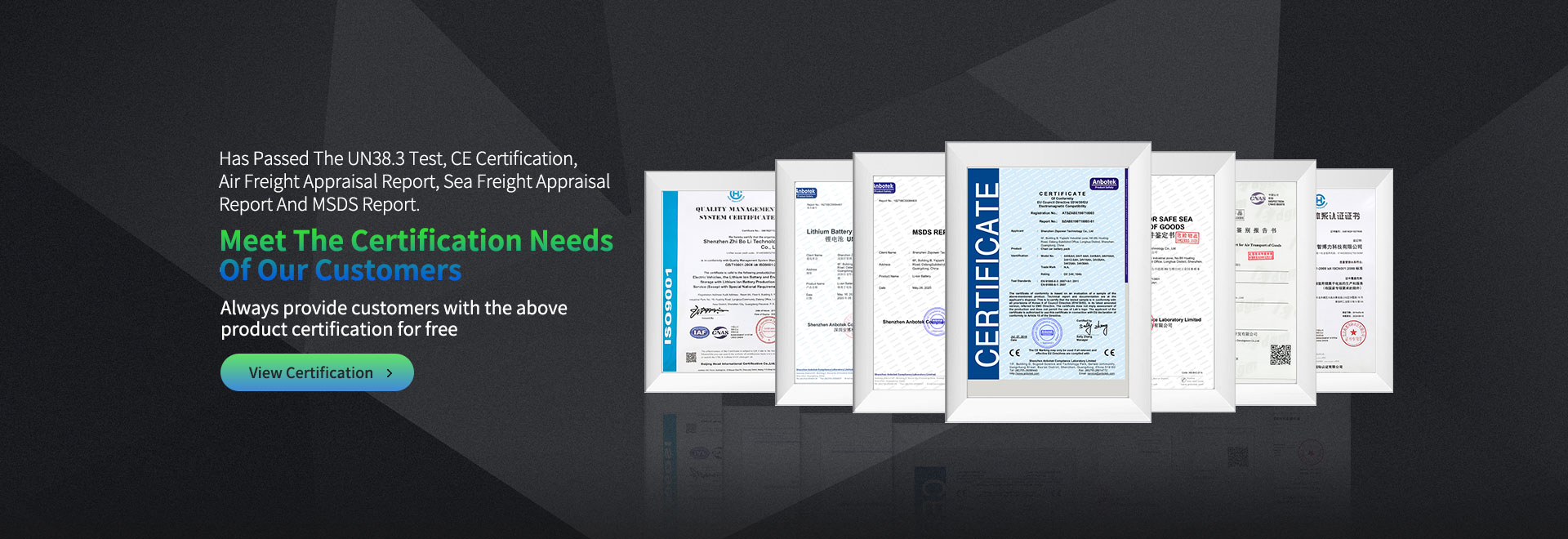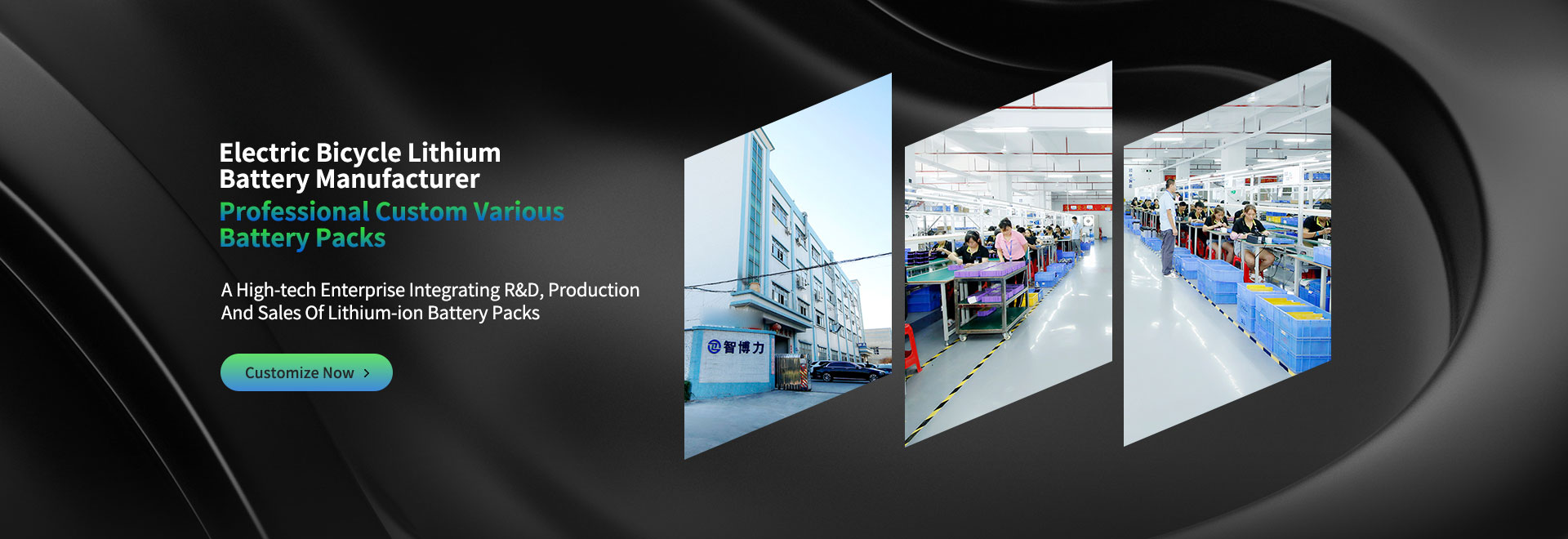What are the characteristics of lithium batteries?
2020-08-29
Advantage
1. The energy is relatively high. With high storage energy density, it has reached 460-600Wh/kg, which is about 6-7 times that of lead-acid batteries;
2. Long service life, the service life can reach more than 6 years, 1C (100% DOD) charge and discharge of the battery with lithium iron phosphate as the positive electrode, there is a record that can be used 10,000 times;
3. The rated voltage is high (the single working voltage is 3.7V or 3.2V), which is approximately equal to the series voltage of 3 nickel-cadmium or nickel-metal hydride rechargeable batteries, which is convenient to form a battery power pack; lithium batteries can pass a new type of lithium battery voltage regulator The technology of adjusting the voltage to 3.0V to suit the use of small appliances.
4. It has high power endurance, and the lithium iron phosphate lithium ion battery used in electric vehicles can reach 15-30C charge and discharge capacity, which is convenient for high-intensity start-up acceleration;
5. The self-discharge rate is very low, which is one of the most prominent advantages of the battery. Generally, it can be less than 1%/month, which is less than 1/20 of the nickel-hydrogen battery;
6. Light weight, the weight is about 1/6-1/5 of the lead-acid product under the same volume;
7. High and low temperature adaptability, it can be used in the environment of -20℃--60℃, after the process is processed, it can be used in the environment of -45℃;
8. Green and environmental protection, regardless of production, use or scrap, it does not contain or produce any toxic and harmful heavy metal elements and substances such as lead, mercury, and cadmium.
9. Production basically does not consume water, which is very beneficial to my country, which is short of water.
Specific energy refers to the energy per unit weight or unit volume. Specific energy is expressed in Wh/kg or Wh/L. Wh is the unit of energy, W is watt, h is hour; kg is kilogram (weight unit), L is liter (volume unit).
2. Lithium cobalt oxide lithium-ion batteries cannot be discharged at high currents, are expensive, and have poor safety.
3. Lithium-ion batteries need to protect the circuit to prevent the battery from being overcharged and over-discharged.
4. The production requirements are high and the cost is high.
5. The use conditions are restricted, and the use of high and low temperature is dangerous.
1. The energy is relatively high. With high storage energy density, it has reached 460-600Wh/kg, which is about 6-7 times that of lead-acid batteries;
2. Long service life, the service life can reach more than 6 years, 1C (100% DOD) charge and discharge of the battery with lithium iron phosphate as the positive electrode, there is a record that can be used 10,000 times;
3. The rated voltage is high (the single working voltage is 3.7V or 3.2V), which is approximately equal to the series voltage of 3 nickel-cadmium or nickel-metal hydride rechargeable batteries, which is convenient to form a battery power pack; lithium batteries can pass a new type of lithium battery voltage regulator The technology of adjusting the voltage to 3.0V to suit the use of small appliances.
4. It has high power endurance, and the lithium iron phosphate lithium ion battery used in electric vehicles can reach 15-30C charge and discharge capacity, which is convenient for high-intensity start-up acceleration;
5. The self-discharge rate is very low, which is one of the most prominent advantages of the battery. Generally, it can be less than 1%/month, which is less than 1/20 of the nickel-hydrogen battery;
6. Light weight, the weight is about 1/6-1/5 of the lead-acid product under the same volume;
7. High and low temperature adaptability, it can be used in the environment of -20℃--60℃, after the process is processed, it can be used in the environment of -45℃;
8. Green and environmental protection, regardless of production, use or scrap, it does not contain or produce any toxic and harmful heavy metal elements and substances such as lead, mercury, and cadmium.
9. Production basically does not consume water, which is very beneficial to my country, which is short of water.
Specific energy refers to the energy per unit weight or unit volume. Specific energy is expressed in Wh/kg or Wh/L. Wh is the unit of energy, W is watt, h is hour; kg is kilogram (weight unit), L is liter (volume unit).
Disadvantage
1. Lithium primary batteries have poor safety and risk of explosion.2. Lithium cobalt oxide lithium-ion batteries cannot be discharged at high currents, are expensive, and have poor safety.
3. Lithium-ion batteries need to protect the circuit to prevent the battery from being overcharged and over-discharged.
4. The production requirements are high and the cost is high.
5. The use conditions are restricted, and the use of high and low temperature is dangerous.
- Previous:Already the first article
- Next:Development prospects of lithium batteries




 中文
中文 English
English



